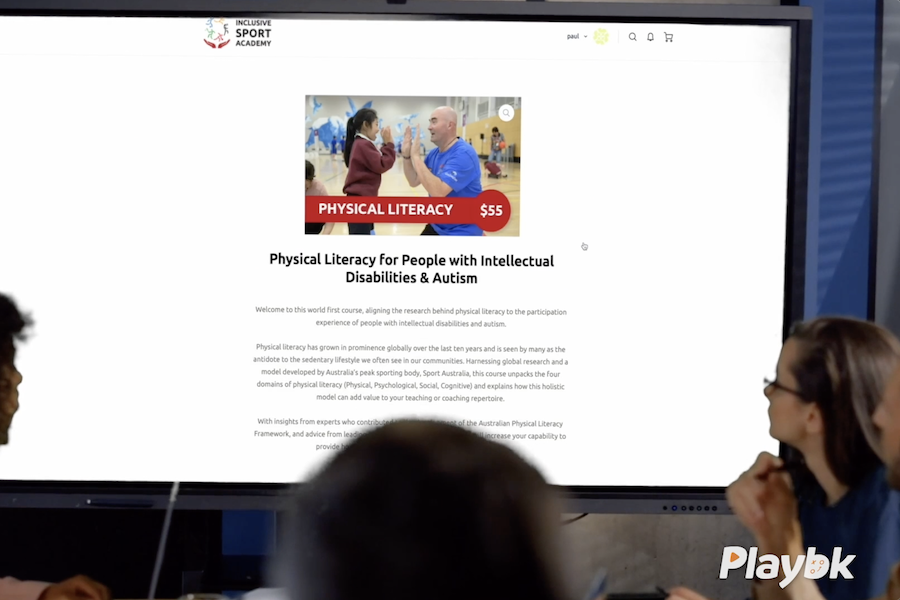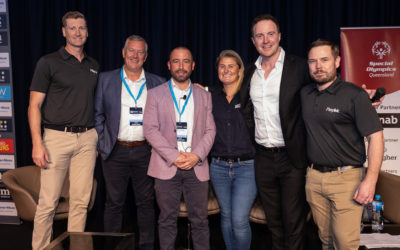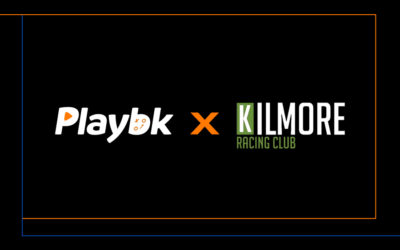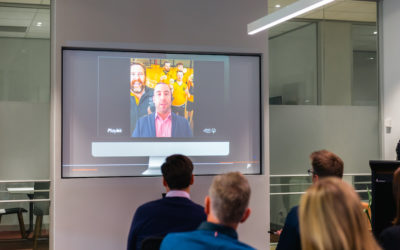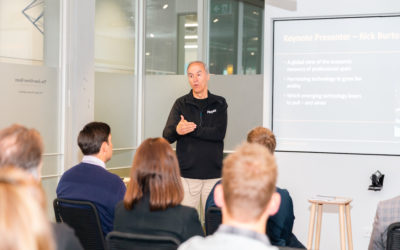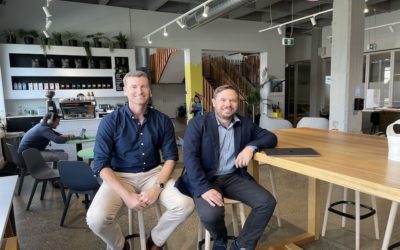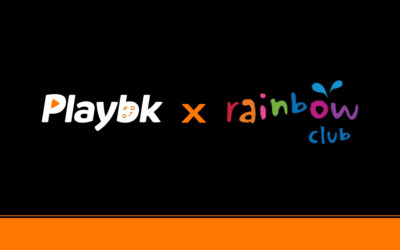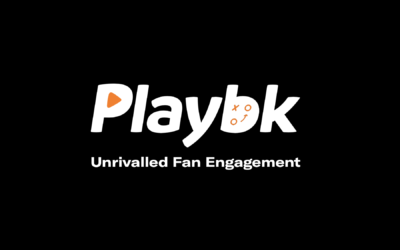Introduction: Setting the Stage for LMS Success
The process of selecting a Learning Management System (LMS) provider hinges on the quality of the request for proposal (RFP) you present. However, the efficacy of your RFP is only as strong as the process used to define your LMS requirements. Without a clear understanding and prioritisation of your organisation’s genuine needs, the resulting LMS may fall short of expectations.
Preparation: Lay the Groundwork for Success
Before drafting an RFP, it’s imperative to invest time in gathering and analysing your LMS requirements. This foundational step, marked by discussions and decisions, is the linchpin of any technology selection process. A well-executed requirements phase ensures that your RFP accurately reflects your organisation’s needs, leading to the selection of the most suitable LMS for your association.
Stakeholder Involvement: Building a Unified Vision
Gathering LMS requirements is not a solitary endeavour; it requires input from key stakeholders across various departments. Representatives should include staff who utilise the LMS, leverage its data, or interact with LMS-related technology. While not every individual needs a seat at the table, each department should have representation to ensure a comprehensive understanding of organisational needs.
The Role of IT: Navigating Technical Terrain
Incorporating an IT representative into the core project team is essential. They play a crucial role in developing requirements related to integration, security, and other technical aspects. Drawing on their experience with IT projects, they can offer valuable insights and guidance throughout the process.
The Benefits of the Requirements Process: Beyond the RFP
While the requirements process may seem daunting, it offers unexpected benefits for associations. It serves as an opportunity to educate colleagues about departmental goals and their impact on members and other facets of the organisation.
Facilitating Collaborative Discourse: Breaking Down Silos
By bringing together individuals from different departments, the requirements process fosters collaboration and breaks down silos within the organisation. It sets a precedent for future collaborative efforts and promotes a culture of teamwork and innovation.
Fresh Perspectives: Broadening the Discussion
Involving individuals outside the core team brings fresh perspectives and ideas to the table. Their insights, drawn from both staff and consumer viewpoints, enrich the discussion and may lead to innovative solutions that were previously overlooked.
Transformative Potential: Inspiring a Culture of Learning
The requirements process has the potential to ignite a desire for learning among individuals within the organisation. By engaging in discussions about professional development and organisational goals, employees may be inspired to pursue learning opportunities that benefit both themselves and the organisation.
Navigating the Requirements Process: A Step-by-Step Approach
Crafting effective LMS requirements is akin to embarking on a research project. It involves identifying instructional, administrative, and technical needs, as well as understanding the requirements from the learners’ perspective.
Goal Setting: Establishing Clear Objectives
Before delving into specific requirements, it’s essential to establish clear goals for the new LMS. How will the LMS help the association achieve its strategic, educational, and business objectives?
Market Analysis: Understanding the Landscape
Understanding the current and prospective learner demographics, as well as market trends and competition, is crucial. What sets your organisation apart in the online learning market, and how can the new LMS support your unique value proposition?
Budget and Timeline Considerations: Planning for Success
Consideration of budgetary constraints and implementation timelines is essential. What is the budget range for the RFP, and how flexible is the timeline to accommodate potential delays?
Identifying Pain Points: Addressing Current Challenges
Identify existing challenges and pain points that the new LMS should address. This may include issues with functionality, data management, integration, user experience, and vendor support.
Process Improvement: Streamlining Operations
Analyse existing business processes related to the LMS and identify areas for improvement. Streamlining and automating manual processes can enhance efficiency and productivity.
Future-Proofing: Anticipating Evolving Needs
Consider future needs and emerging trends in online learning. How can the new LMS adapt to evolving requirements and support future growth and innovation?
Prioritisation: Distinguishing Needs from Wants
Categorise requirements into must-haves and nice-to-haves, aligning them with budgetary constraints. Ensure that essential requirements are prioritised to meet the organisation’s immediate needs.
User Stories: Bringing Requirements to Life
Develop user stories to illustrate LMS requirements in practical terms. These stories serve as a basis for demonstrations and system acceptance testing, ensuring that requirements are clearly understood by vendors.
Documentation: Communicating Requirements Effectively
Document requirements clearly and comprehensively to facilitate vendor understanding and alignment. Share the documentation with stakeholders for feedback and agreement, minimising the risk of scope creep and budget overruns.
Conclusion: Maximising the Value of the Requirements Process
The LMS requirements process is a critical step in selecting an LMS that meets the needs and expectations of the organisation and its members. By investing time and effort into gathering and analysing requirements, organisations can lay the groundwork for a successful implementation and derive maximum value from their LMS investment.
Engage with Playbk Sports: Leveraging Expertise for Success
If you’re seeking guidance on LMS requirements or exploring the capabilities of Playbk Sports, we’re here to help. With extensive experience working with elite sporting organisations of all sizes, our team is committed to sharing our expertise and guiding you through the process.
Save planning time and contact us today to request free Request for Proposal template or to learn more about how Playbk Sports can support your learning objectives.
End.
About Playbk Sports
In 2015, Playbk Sports founders, good mates Damian Hecker and Jon Shepherd, set out to build an education experience without compromise.
They were tired of clunky PowerPoint Presentation, outdated PDF documents and people in regional areas missing out.
So, they sourced the best technology and built the most immersive online experience they could imagine – Improving Sport for People with an Intellectual Disability – and since then, they’ve built even more products to stand up to technology demands and needs of modern learners of top-tier sports.
Today, we’re trusted by the biggest teams in sport, including the National Football League (NFL) and clients across the Australian Football league (AFL), National Rugby League (NRL), National Basketball League (NBL) as well as AusCycling and Special Olympics Australia who form part of a global movement for people with an intellectual disability.
At Playbk Sports, we give world-wide fans what they want – closer access to the sports they love.
